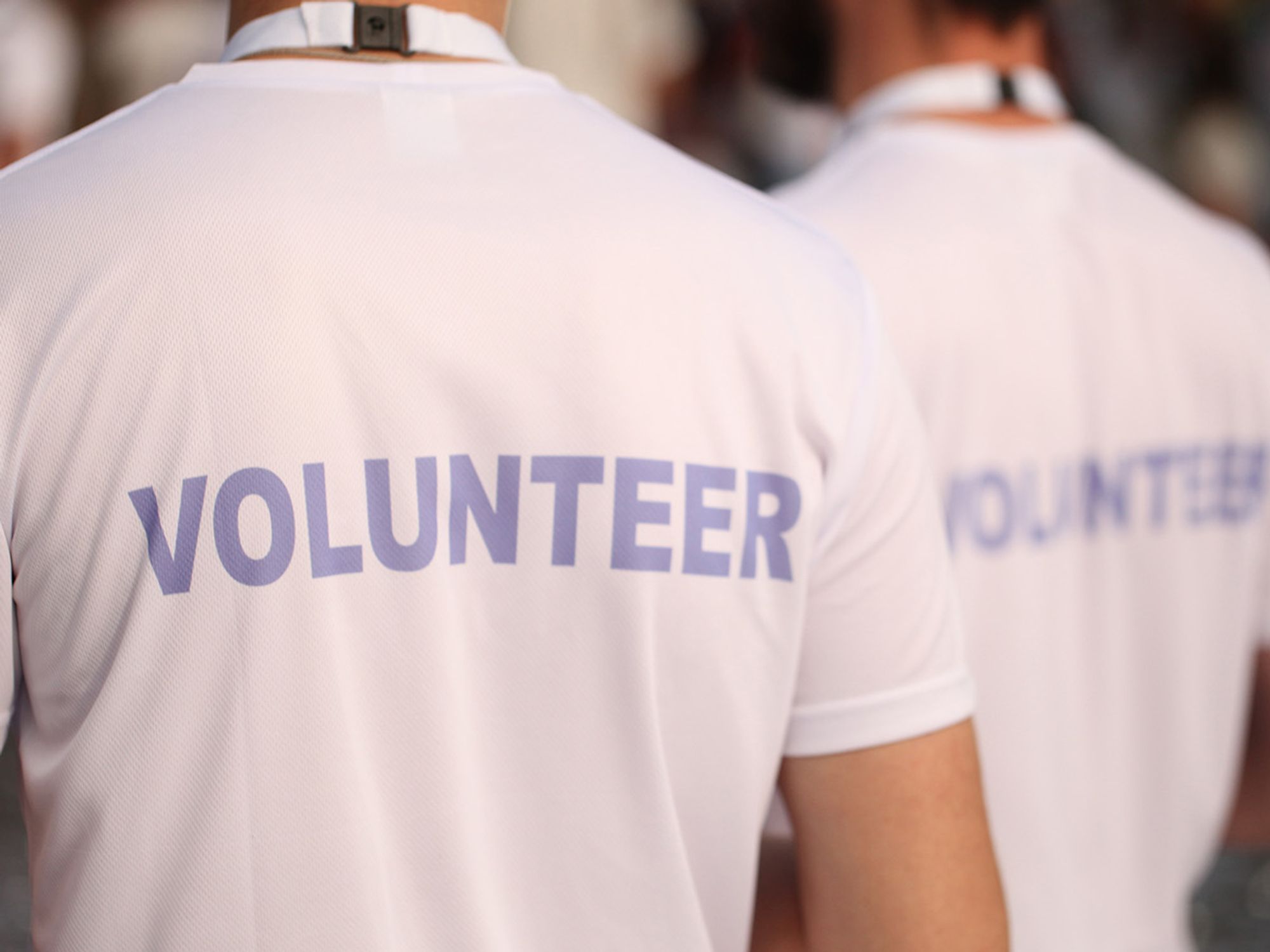Who’s not protected?

- Not every person is protected by 1910.1030, even in the industries that it covers.
- Non-employees such as unpaid students and volunteers are not covered, nor are Good Samaritans.
Even when an employer is in general industry or shipyards, not everyone in the workplace is protected by 1910.1030.
Non-employees
The Occupational Safety and Health Administration (OSHA) defines an employee as an “employee of an employer who is employed in a business of his employer which affects commerce.” If someone in the workplace is not an “employee” by definition, then that person is not protected.
For example, a private school may have students who work there, or a non-profit organization may have volunteers. Unpaid students and volunteers aren’t employees, so they’re not covered.
Good Samaritans
Section 1910.1030 also does not cover Good Samaritans. For example, if an employee helps a coworker who has a nosebleed or is bleeding as the result of a fall, this isn’t considered an occupational exposure unless first aid is one of that employee’s job duties.
For occupational exposure to exist, an employee’s job must involve reasonably anticipated contact with blood or other potentially infectious materials (OPIM). Good Samaritan acts can’t be reasonably anticipated by an employer, so they don’t qualify. Therefore, anyone who helps another person at work is not covered unless they are assigned or expected to do this.
OSHA concluded that it would be needlessly burdensome to require employers to implement 1910.1030 based on the chance of an employee having contact with blood or OPIM during a task that’s not required.
